CAT FIRST AID
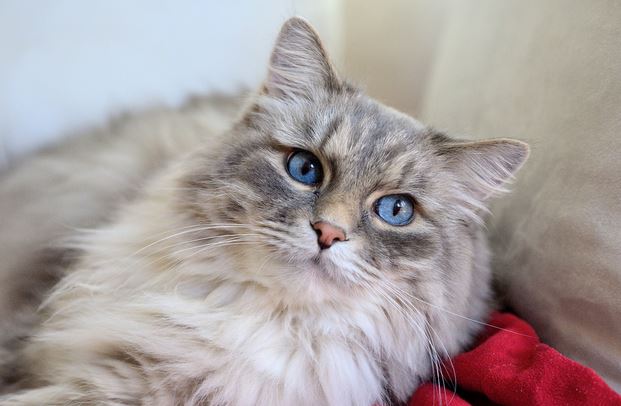
Here you will find valuable information about Cat First Aid and where to
locate a veterinarian/emergency and critical care near you.
As much as cat owners try to keep their cats safe and
healthy, some accidents may happen. Cats are quite impulsive and
curious, which can sometimes lead to getting hurt or ill. Are you
prepared to be the first one to help your cat in case of an accident?
Learning and providing your cat with First Aid care can save your pet's life. This initial care will give you the time you will need to locate and take your cat to a veterinarian/emergency care. Remember, First Aid does not replace the treatment the veterinarian will give to your cat, but it will buy you time to get to the clinic.
Like in any other situation, it is important to be prepared for it before hand. Cat owners must have a First Aid Kit for Pets ready, with instructions on how to use certain medications, and also have important phone numbers handy.
We hope that you’ll never need to perform First Aid on your pet. But if an emergency strikes, you’ll be prepared.
Cat First Aid - Important Tips
* Ask your veterinarian about how he handles urgent care and how to contact him after hours.
* You should also have the name and location of the local 24 hour emergency care clinic near you.
* If your cat is hurt or ill, and you already performed the First Aid, you should call the emergency Vet/clinic and let them know that you are on your way and the condition of your cat. This is very helpful, the emergency Vet/clinic will have time to prepare for your arrival.
* Approach an injured cat with extreme caution to avoid getting hurt yourself.
Most Common Emergencies and Cat First Aid Care
(1) Bleeding
It is really important to control your cat's bleeding. Sometimes bleeding is the result of an injury, which can be minor (e.g., small cut, scratch) or severe (e.g., broken bone, large cut). Although, you will be able to perform First Aid only on external bleeding areas. If your cat has internal bleeding (e.g., hit by a car, fall from a tree) the bleeding will be concealed inside the chest or abdomen - seek medical attention immediately. Signs of internal bleeding may include: pale gums, cool extremities, rapid breathing, coughing up blood, distended belly, and fall down.
Cat First Aid for external bleeding:
• First, approach the injured cat with extreme caution, and apply direct pressure to the wound using a wad of gauze, tissue, or clean cloth as a compress. If nothing else is available, your bare hand or finger will have to do.
• Apply pressure to the wound for at least 10 minutes (or as long as your cat will allow).
• Do not lift the gauze to check for if the bleeding stopped. You may dislodge the clot.
• If the compress soaks through, layer more fresh padding on top of it.
• Lying your cat on her side and elevating a bleeding limb may help slow the flow of blood.
• For persistent or severe hemorrhage, seek veterinary care immediately.
(2) Breathing trouble
Breathing difficulties can be a result of an accident or illness. Diseases that affect the respiratory system, or the respiratory center in the brain, can cause breathing difficulties. Symptoms may include: coughing, shortness of breath, difficulty breathing, weight loss, and fatigue. If your cat is having difficulty breathing, this can be a life threatening emergency. Take your cat to the Vet immediately!
How to Perform Rescue Breathing on your pet:
If your cat becomes unconscious and stop breathing, you must perform the rescue breathing - “mouth-to-mouth.” Do not attempt rescue breathing if your cat is still conscious.
(3) Choking
Choking occurs when a foreign object is lodged near the opening of the trachea, blocking the flow of air into the lungs. A choking cat may seem frantic and the lips and tongue will start to turn blue. This may progress to unconsciousness if the blockage is not relieved.
Cat First Aid Care:
• If your cat can partially breathe, it may be best to keep her calm and rush her to the veterinarian right away. Your vet can extract the foreign body safely, using special instruments and sedation.
• Sweep your finger along the back of your cat’s throat to push aside any foreign material.
• If this doesn’t work, perform the kitty Heimlich maneuver by placing your hands on both sides of her rib cage. Squeeze forcibly three to four times. Repeat until the foreign body is dislodged.
• Once the obstruction is relieved, perform Rescue Breathing.
(4) Fever
If your cat is acting sick and her face and ears feel hot, it’s possible she has a fever. Take your cat’s rectal temperature using a digital thermometer. A cat’s normal resting temperature is from 100.5 to 102.5oF. A temperature of 103oF and above constitutes a fever. A fever of 105oF or higher is a potentially life-threatening situation and it requires immediate attention.
Cat First Aid Care:
• For a fever of 105oF or above, institute cooling measures by moistening the cat’s hair coat with cool water and placing her by a fan.
• Seek veterinary care immediately.
• Do not use cold water or ice. Cool tap water is better.
• Do not give human fever remedies, they are poisonous to cats.
(5) Fracture
Symptoms of a fracture (broken bone) include pain, inability to use a limb, or a limb that is bent at an odd angle.
Cat First Aid Care:
• Approach the injured cat carefully.
• Control bleeding if present.
• Cover an open fracture with a sterile gauze dressing or other clean cloth if possible.
• Take your injured cat to the Vet immediately.
• Never give human pain medications, they are poisonous to cats.
• Do not try to splint, bandage the fracture yourself - it can make the cat's injury worse.
(6) Poisoning
Poisoning can result from ingestion, inhalation, or contact with a toxic substance, such as: household chemicals or cleansers, prescription medications, antifreeze, toxic plants, or even toxic foods. Learn more about harmful substances.
Cat First Aid Care:
• Contact either your veterinarian or the ASPCA Animal Poison Control Center.
• Retain any product labels and containers.
• Do your best to quantify how much of the toxin your pet ingested/inhaled/contacted and at what time.
• Do not try to induce your cat to vomit unless instructed by your vet.
(7) Wounds
Superficial and minor wound cat First Aid:
• Wear gloves if the wound was caused by the bite of an unvaccinated animal (risk of rabies exposure).
• Gently clean the wound of blood, dirt and debris with mild soap and lots of water.
• Pat the wound dry and apply a triple antibiotic ointment, such as Neosporin®.
• Apply several layers of rolled gauze over the wound, and an outer self-adhesive wrap.
• A safe bandage is snug, but not tight enough to cut off circulation. If you can’t slip 2 fingers under the bandage, it’s too tight.
• Keep the bandage clean and dry.
• An Elizabethan collar or bandage may be necessary to keep your cat from licking at the wound.
• If redness, swelling, odor or discharge develops, seek veterinary care immediately.
What should your cat First Aid kit contain?
You can purchase cat First Aid kits or make your own. Here is what you will need:
* Nutri-Vet Digital Thermometer
* Small scissors - preferably with blunt ends.
* Sterile gauze pads and bandages
* Burn relief gel pack
* Antiseptic cleansing wipes
* Hydrogen peroxide
* First Aid tape
* Antibiotic and antibacterial ointments
* Tweezers
* Styptic powder to stop bleeding
* Exam quality vinyl gloves
* Sterile eyewash and eye droppers
* Cohesive bandage wrap
* Cotton balls and a roll of cotton padding
* Antiseptic cleaner
* Self-activating hot and ice pack
* A book on human and pet First Aid
* Pet First Aid Reference Guide & DVD
* The telephone of your Vet/emergency numbers.
Here
you learned the essentials about First Aid care for your cat. If you
would like to learn more about CPR and First Aid care for your pets, you
can also go to training programs.
Disclaimer: This website is not intended to replace
professional consultation, diagnosis, or treatment by a licensed
veterinarian. If you require any veterinary related advice, contact your
veterinarian promptly. Information at Mustlovecats.net is exclusively
of a general reference nature. Do not disregard veterinary advice or
delay treatment as a result of accessing information at this site.
Return from Cat First Aid to Our Home Page
Healthy Cat Treat

Subscribe to Our Love Cats Digest e-zine
"A cat improves the garden wall in sunshine, and the hearth in foul weather." - Judith Merkle Riley
Marketing Strategies by
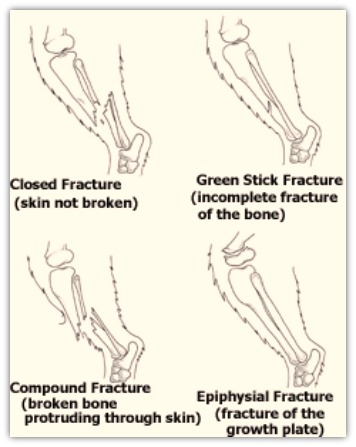
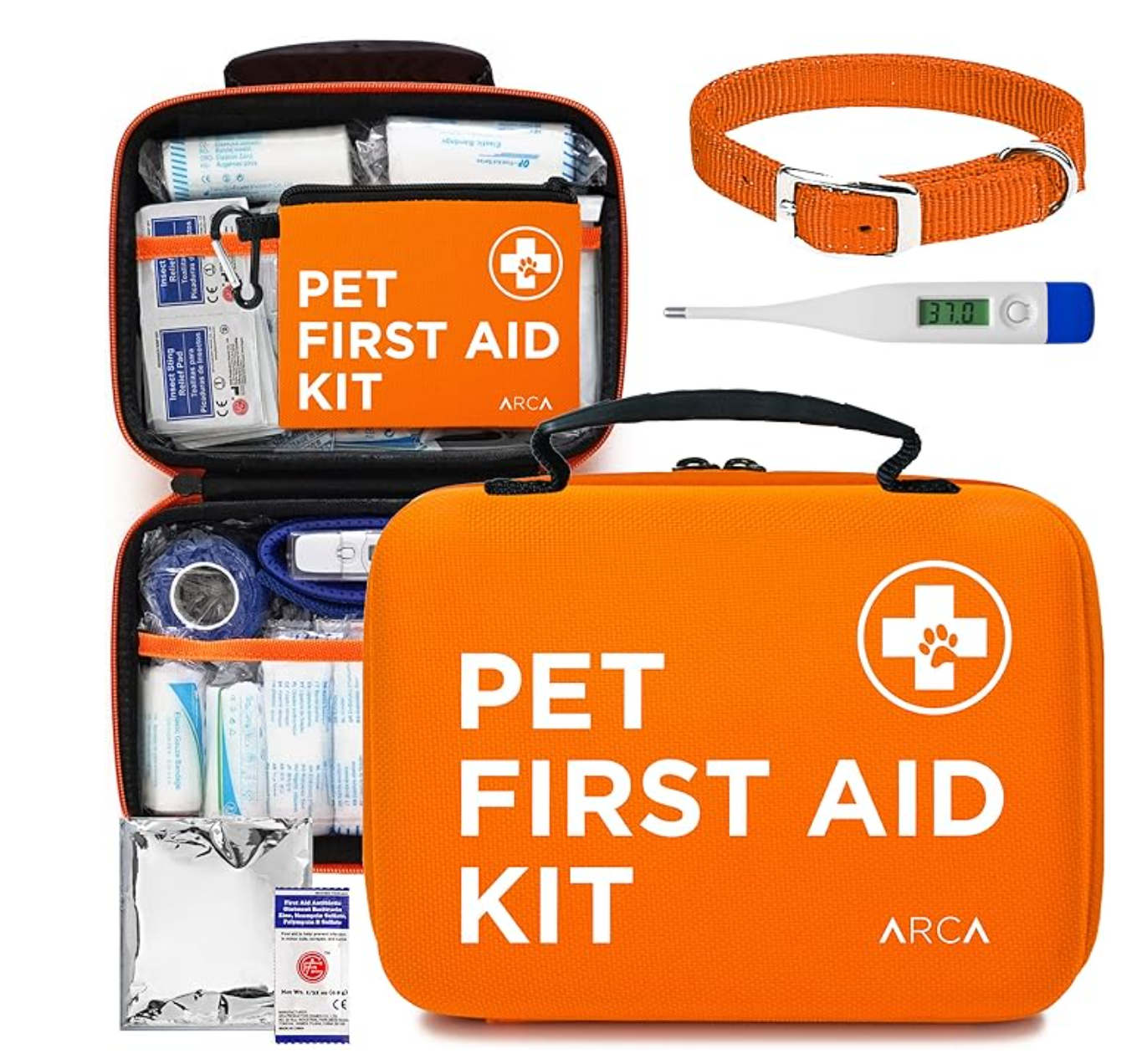
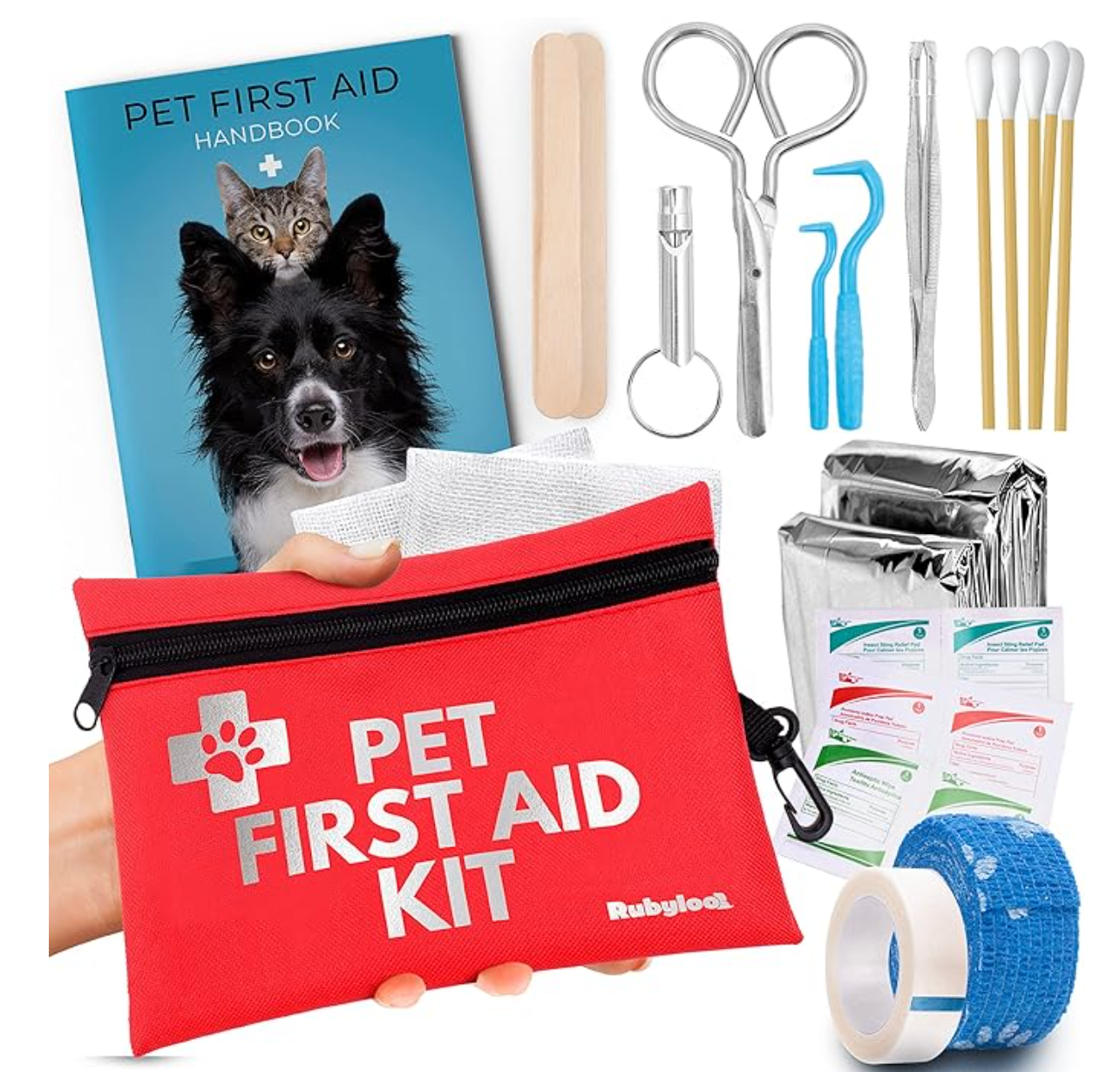







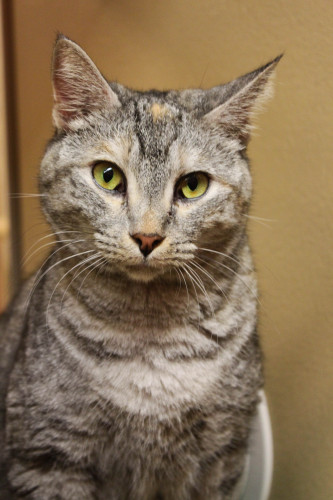

New! Comments
Have your say about what you just read! Leave me a comment in the box below.